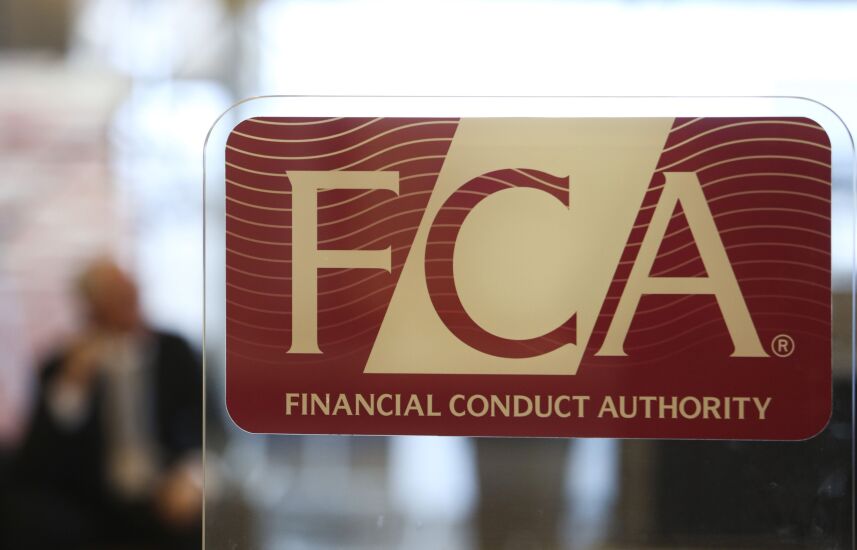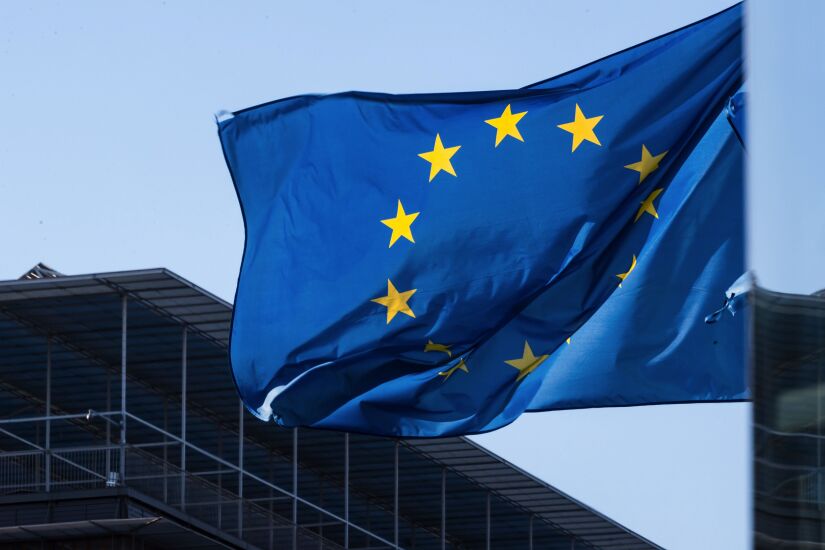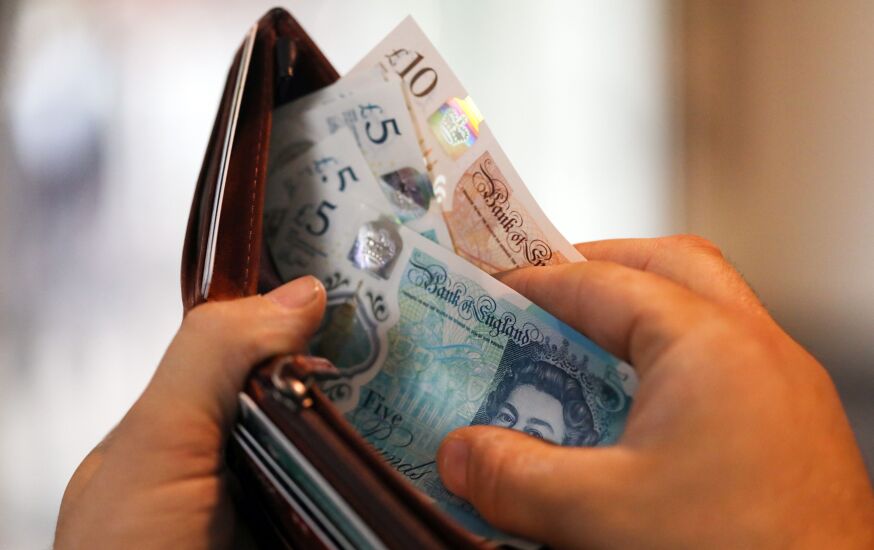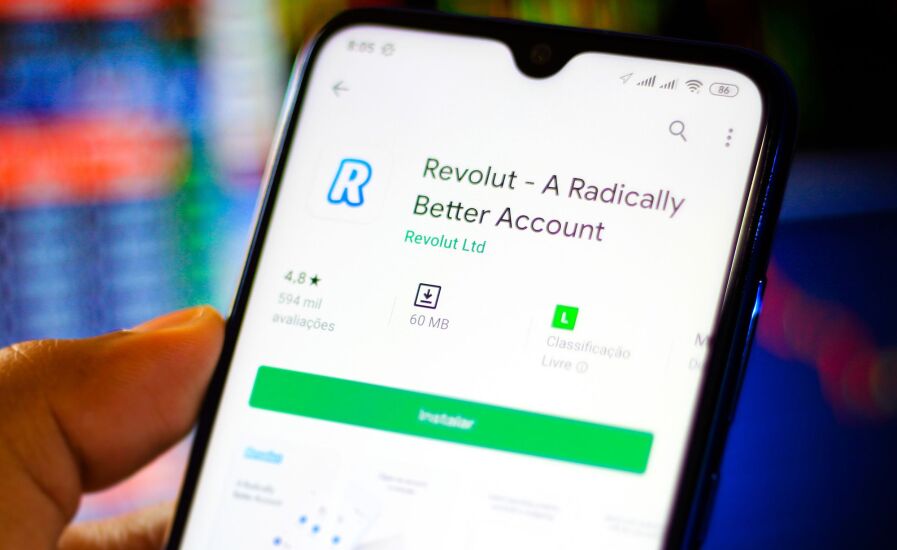U.K. regulators rule on complaints about bias from politicians, more U.K. transactions are made with cash and more in our weekly financial news roundup.
Here's what's happening around the world.









Capital One increased its legal reserve by some 164% during the first quarter as it awaited regulatory approval to acquire Discover — an OK it won last week.
The Evansville, Indianapolis-based company now expects to complete its $1.4 billion acquisition of Bremer Financial in Minnesota on May 1, instead of mid-year.
The Sunshine State deal comes following a banner year for credit union-bank combinations, despite pushback from community banking advocates.
Synchrony Financial stands to benefit from the undoing of a Biden-era cap on credit card late fees. Company executives said that Tuesday that they won't be rolling back changes they implemented to compensate for revenue the company would have lost.
The growth of digital payments, coupled with the U.S.'s new open banking framework, may finally move the needle for an alternative form of credit decisioning.
The International Monetary Fund lowered its economic growth projections for 2025, citing policy uncertainty. It also urged central banks to stand ready to use macroprudential tools to facilitate lending in a potential recession.